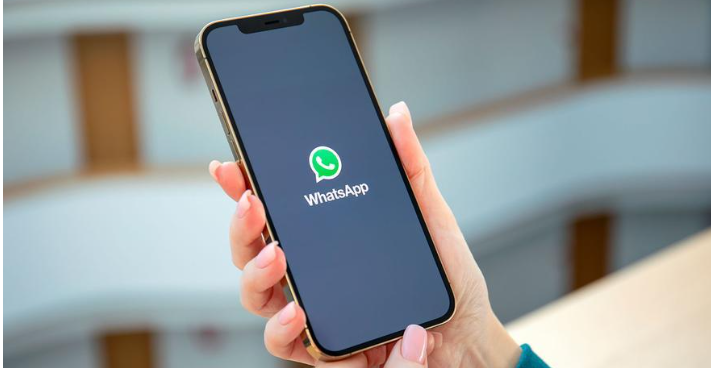WhatsApp, the popular instant messaging app owned by Meta, has announced that it will stop working on some Android devices that are running on Android 4.1 and older versions starting from October 24.
This means that users of these devices will not be able to send or receive messages, make or receive calls, or use any of the features of WhatsApp after this date.
WhatsApp is known for constantly offering new updates, features, and enhanced user interface to its massive user base. However, these updates also require certain minimum requirements from the devices and the operating systems that run them. According to WhatsApp, some older devices may not have the latest security patches or the capability needed to run WhatsApp. Therefore, the app has decided to end support for these devices to ensure the best performance and security for its users.
“Every year, we, like other technology businesses, look at which devices and software are the oldest and have the fewest people currently using them to decide what to quit supporting. These handsets may also lack the most recent security upgrades or the capability required to run WhatsApp,” according to the official disclaimer on WhatsApp FAQ.
Read also: How to use WhatsApp’s screen sharing, video message features
Which Devices Will Be Affected by This Decision?
According to WhatsApp, the devices that will be affected by this decision are those that are running on Android 4.1 or older versions. This includes some of the old-generation phones from Samsung, Motorola, Sony, Asus, Acer, LG, HTC, and others. Here is the complete list of devices that will not be able to run WhatsApp after October 24:
- Samsung Galaxy S2
- Samsung Galaxy Nexus
- Motorola Droid Razr
- Nexus 7 (upgradable to Android 4.2)
- Sony Xperia Z
- Asus Eee Pad Transformer
- Acer Iconia Tab A500
- Sony Xperia S
- Motorola Xoom
- Samsung Galaxy Tab 10.1
- LG Optimus G Pro
- HTC Sensation
- LG Optimus 2X
- Sony Ericsson Xperia Arc
- Samsung Galaxy S
- HTC Desire HD
- Samsung Galaxy Note 2
- HTC One
These devices are less likely to be used by many people today, as they are outdated and have been replaced by newer models. However, if you are still using one of these devices and want to continue using WhatsApp, you will need to upgrade your phone and switch to a new device with a newer Android operating system.
What Are the Risks of Using an Unsupported Device?
If you do not upgrade your device and continue using WhatsApp on an unsupported device, you may face several risks and problems. For instance:
- You will not be able to access your chats, contacts, media, or backups on WhatsApp.
- You will not be able to verify your phone number on WhatsApp or create a new account.
- You will not be able to receive any updates or bug fixes from WhatsApp.
- You may experience glitches, crashes, or errors while using WhatsApp.
- You may be vulnerable to cyberattacks, as your device may not have the latest security patches or encryption.
How Can You Upgrade Your Device?
If you want to upgrade your device and continue using WhatsApp without any interruption, you have two options:
- You can check if your device is eligible for an Android update by going to Settings > About phone > System update. If there is an update available, you can download and install it on your device. However, this option may not be available for all devices, as some manufacturers may not provide updates for older models.
- You can buy a new device that runs on a newer Android version (at least Android 4.4) and transfer your WhatsApp data from your old device to your new device. You can do this by using Google Drive backup or local backup. You can also use third-party apps or software to transfer your data.
What is the latest version of Android?
According to the web search results, the latest version of Android is 13.0, which was released on August 15, 2022. It is the most recent major version of the Android operating system, and it arrived first on Google Pixel phones, but was quickly rolled out to Samsung Galaxy devices as well. Some of the features of Android 13 include easier Wi-Fi sharing, AVIF image support, and a redesigned user interface.
WhatsApp’s ending of support for older Android devices that are running on Android 4.1 or older versions from October 24 means that users of these devices will not be able to use WhatsApp after this date. To avoid losing access to your chats and contacts, you should upgrade your device and switch to a newer Android version as soon as possible. This will also ensure better performance and security for your WhatsApp experience.




